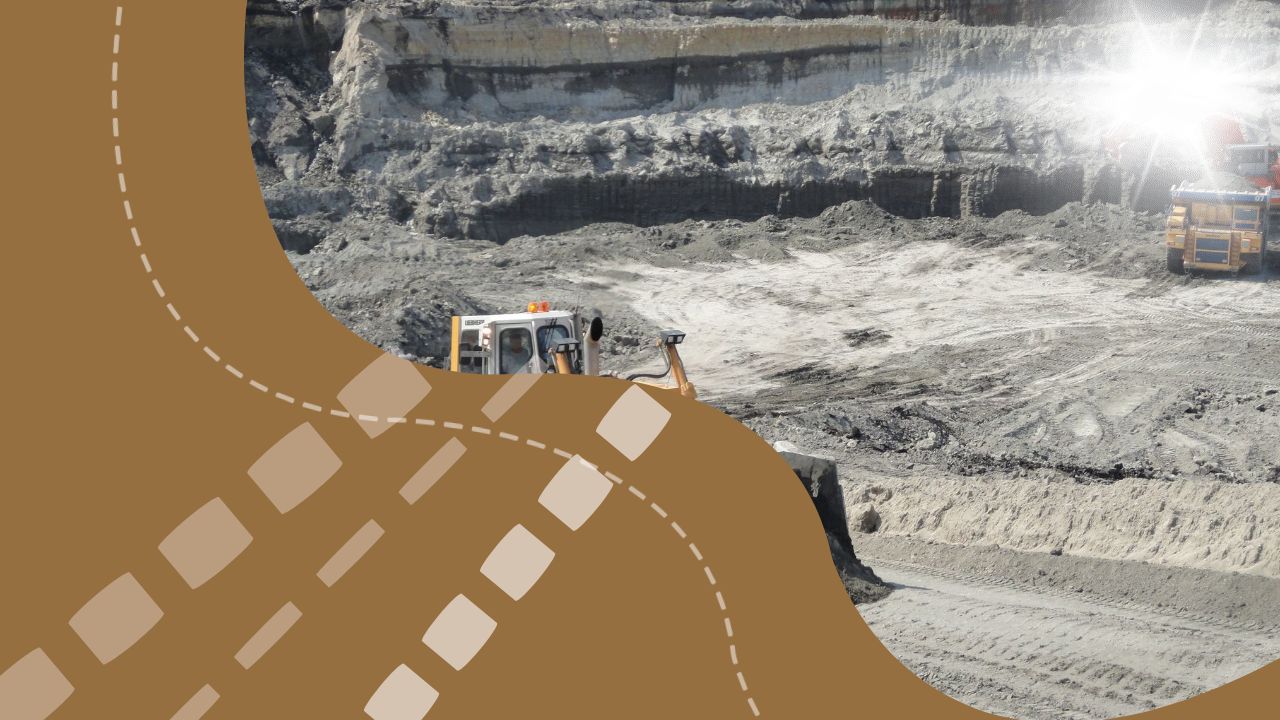Controversy surrounds the European Union’s recent agreement with Rwanda on the sustainability and traceability of strategic minerals, as critics, including “Insieme pace per il Congo” and seven other organizations, demand its annulment. Expressing concern, these groups, including the “Rete Pace per il Congo” Network, question the wisdom of engaging in such an accord with a country that allegedly acquires these minerals illegally from a neighboring state. The protocol agreement, signed on February 19th, faces objections from Cardinal Fridolin Ambongo Besungu and others who argue that Rwanda’s prominence in the tantalum mining sector is marred by the exploitation of wars and clandestine movements since 1996. Despite the EU’s assertion that the agreement aims to uphold legality and traceability standards, critics emphasize Rwanda’s questionable practices, accusing it of benefiting from conflicts in the Democratic Republic of Congo. The statement from the opposition cites the flow of valuable minerals, such as gold and coltan, from Congo to Rwanda through complicit border practices, leading to violence, displacement, and suffering. “Insieme per la Pace nel Congo” appeals to the European Union to reconsider the agreement, urging sanctions against Rwanda for its alleged involvement in the illegal trade of minerals. They emphasize the need for a fair and impartial approach to foster peaceful coexistence in the African Great Lakes region.
Source and Credit: fides.org

